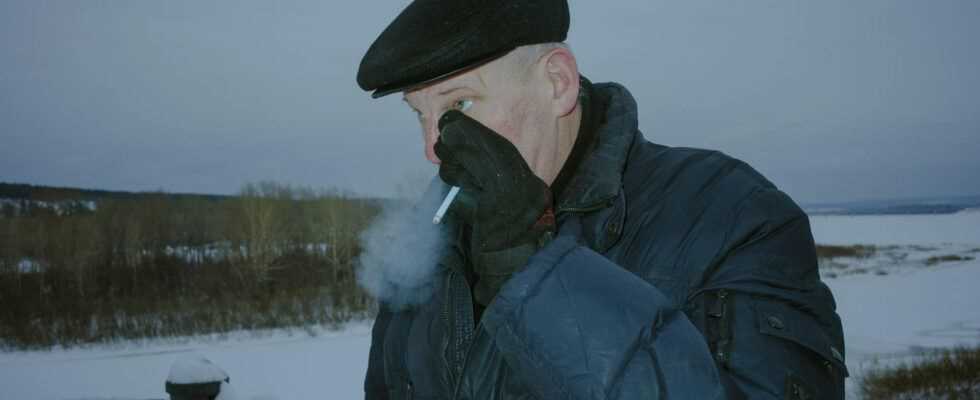ReportingIn the summer of 1989, their strike movement had precipitated the fall of the Soviet regime. Miners in West Siberia have since become disillusioned. Privatization, corruption, pollution have shattered the pride of the “black mouths”.
In the yet rich lexical field of the class struggle, the Soviet Union had crossed out one word: “strike”. In the Kouzbass mining basin, in Siberia, as elsewhere in the country, this term was if not taboo, at least reserved for history textbooks or stories about capitalist hell. “We organized support meetings for English miners, we even sent them part of our salary, remembers Anatoly Malikhine, at the time employee of the Essaoulskaïa mine in Novokuznetsk. But the concept of “strike” was foreign to us. The only thing he could have mentioned to me was a one-way ticket to jail. “
Yet on the evening of July 11, 1989, when he learns that the miners of Mejdouretchensk have disengaged, he reveals himself to be the leader. ” We have “borrowed” a truck belonging to the mine and we sped there to find out what was going on, says the 64-year-old retiree. On the way back, at dawn, we stopped in all the mines and we said to the guys: “Are you going to sit idly by, or behave like men?”“
In a few days, the strike spread like a forest fire. Those of the Siberian Kouzbass, but also those of the Ukrainian Donbass or Vorkouta, in the Far North, stop working and converge on the squares of their city. There, we scribble demands on pieces of paper, we appoint representatives. Rare photos show these helmeted crowds, black and worried faces: what if the troops intervened, as in 1962 at the Novocherkassk factory, where they opened fire, killing 24 strikers?
Two years of repeated strikes
But Mikhail Gorbachev’s perestroika, in power since 1985, has gone through this. Soviet power has changed. He doesn’t even try to hide the information. For two years, repeated strikes by miners punctuated Soviet news. The first demands say a lot about the debacle of this Soviet Union, which has become a kingdom of shortages: we want sausage in the canteen, soap in the showers, the statutory premiums for night service.
Until the summer of 1989, Anatoly Malikhine was a “black mouth” without any fuss. “Classic biography”, he says to talk about his family from Ukraine, deported to Siberia. From the age of 16, his mother struggled to push wagons 400 meters deep, twelve hours a day and without pay. Her son is an enthusiastic pioneer, a young Komsomol who fits in with the mold. In Stalinsk, the old name of Novokouznetsk, life is a succession of obvious facts: after the army, Anatoly joined the mine. He is 21 years old and everyone around him is doing the same.
You have 86.56% of this article to read. The rest is for subscribers only.
